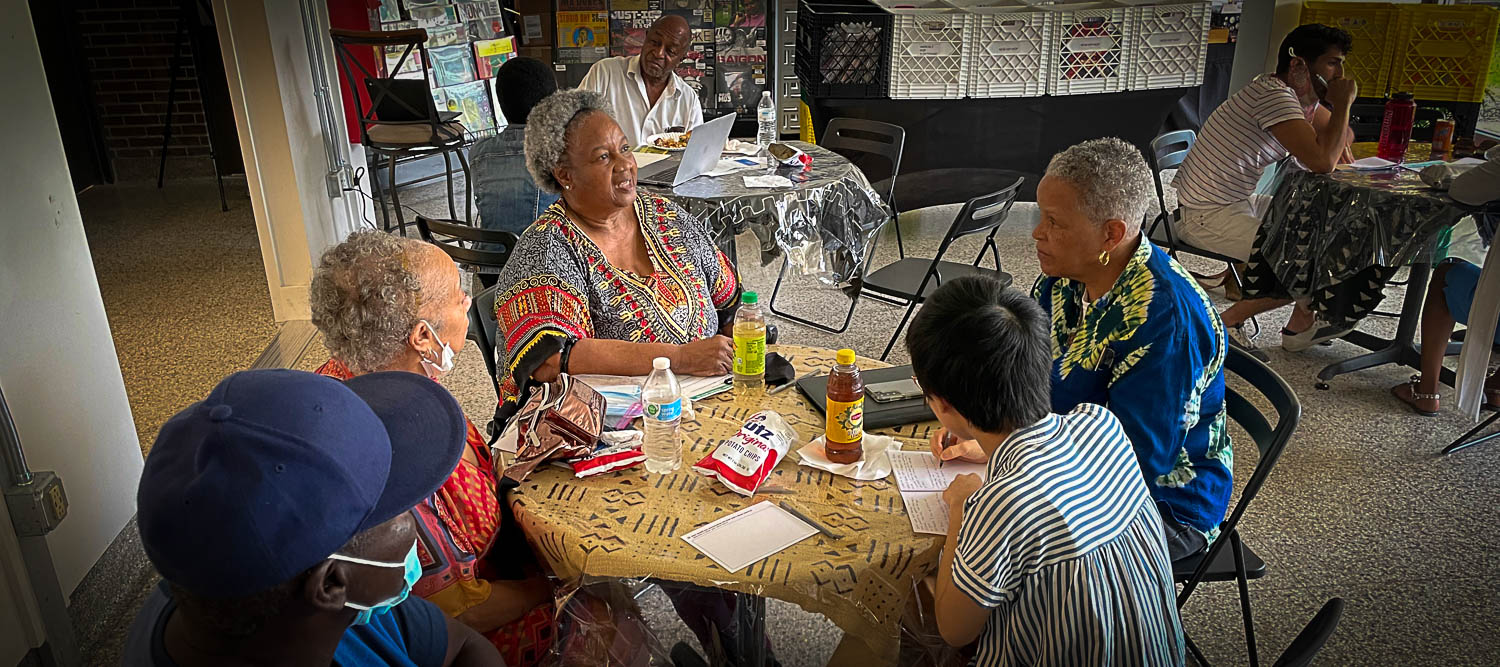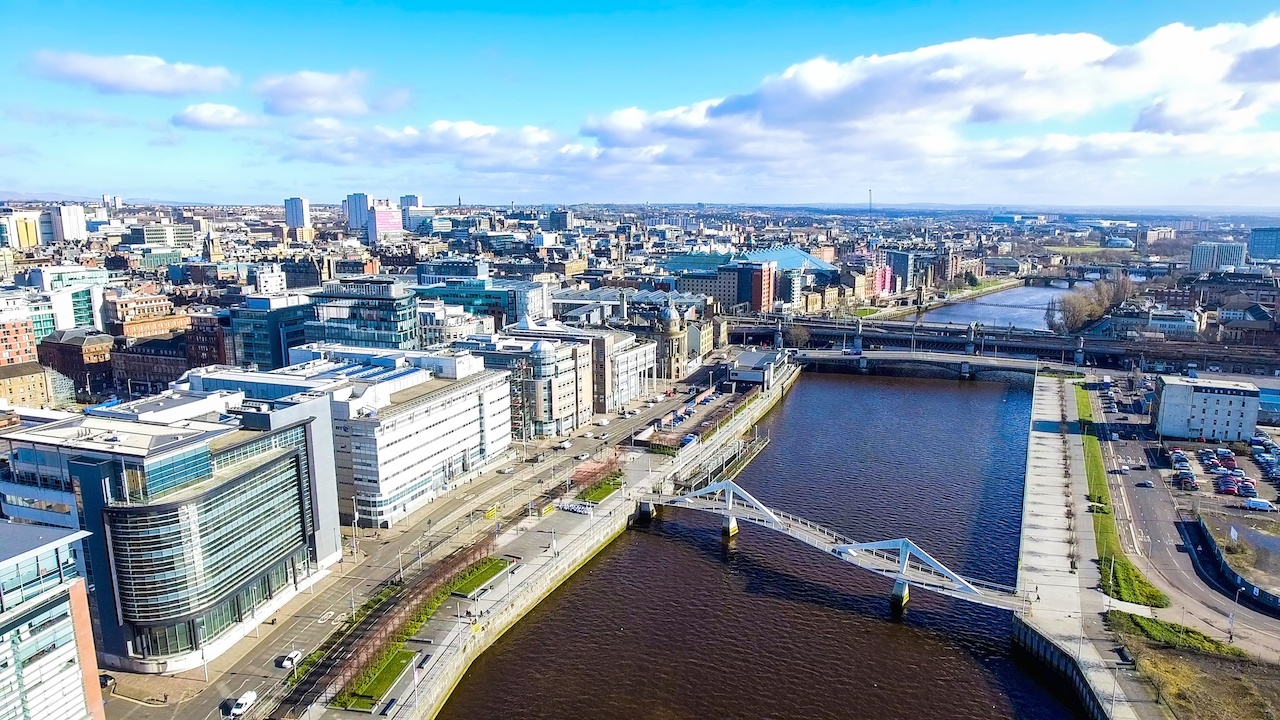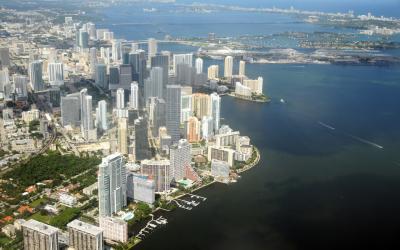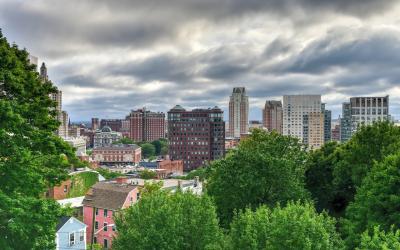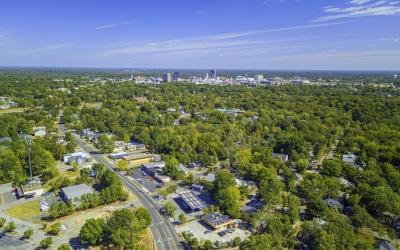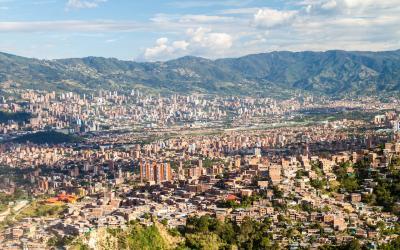Meeting of the Minds
What began as a 2-day summit in Oakland, CA in 2007, has grown into an internationally recognized non-profit organization with world-class events, year-round leadership programming, and an unparalleled digital platform.
Our mission is to bring together urban sustainability and technology leaders across sectors to share knowledge, best practices and catalyze lasting alliances and partnerships. We foster person-to-person and city-to-city learning by curating emerging trends and spotlighting projects and practitioners working on the future of sustainable, resilient, and equitable cities and regions.
We believe that the best solutions and partner ecosystems result from collaboration and engagement across sectors and disciplines. We convene leaders from international bodies, local government, state and federal government, corporates, startups, non-profits, academics and philanthropy.
Meeting of the Minds thanks and acknowledges the support of our current and past sponsors, including:
Foundations
Annie E. Casey Foundation
Barr Foundation
Burton D. Morgan Foundation
Ford Foundation
Lincoln Institute of Land Policy
Living Cities
New Economy Initiative
Paul G. Allen Philanthropies
Robert Wood Johnson Foundation
Rockefeller Foundation
The California Endowment
The California Wellness Foundation
The Cleveland Foundation
The JPB Foundation
The Kresge Foundation
The Volvo Research and Education Foundations
Healthcare
Kaiser Permanente
Sutter Health
Telecom
AT&T
Comcast
Qualcomm
Verizon
Global Technology Leaders
Cisco
Dassault Systémes
IBM
Itron
Microsoft
Oracle
Philips Lighting/Signify
Schneider Electric
Siemens
Transportation Leaders
Bombardier
Cubic
Daimler/Car2Go
Ford
JUMP Bikes/UBER
Lacuna
Keolis
Lyft
Streetlight Data
Toyota
Zipcar
Financial Institutions
JPMorgan Chase
PNC Bank
Wells Fargo
IT & IoT
Atonix Digital
Cleverciti Systems
Iteris
Logicalis
Roadbotics
RelayR Corp
Planning, Design, Architecture, Real Estate, Engineering, Construction
Black & Veatch
CBRE
CH2M Hill
Colliers
DKS Associates
Jones Lang LaSalle
Oxford Properties Group
Ramboll
Skidmore Owings & Merrill
WSP
Consulting Firms
Cognizant
ENGIE Impact
Deloitte
EY
PwC
Government
Ann Arbor SPARK
City of Berkeley, CA
Cuyahoga County
Federal Reserve Bank of San Francisco
JobsOhio
Metrolinx
State of Michigan
Resources: Water and Energy
AEP Ohio
DTE Energy
Festival Hydro
FirstEnergy
Marin Clean Energy
Natural Resources Defense Council
Sacramento Municipal Utility District
Shell
Xylem Water
Innovators
Cleveland Neighborhood Progress
JumpStart
Natural Resources Defense Fund
Rock Ventures
The New School
University of California
UrbanFootprint
Recent Webinars
Recent Articles
Sinking Cities Saved by Resilient Regions
Sea rise and extreme climate are challenging urban planners to be regional planners; they confront civic leaders with the need to take a long view of time and see beyond city boundaries. We also see how global employers can lead in shifting jobs and relocating facilities.
Blockchain is Making Distributed the New Default
Today’s blog post is part II of Peter Coffee’s series on blockchain. “The future of many things, based on blockchain and the larger family of connection-intensive and cooperative data models, is here – because it is distributed.”
Six Degrees of Acquisition: How to Improve Public Procurement
It is time to start compiling our information, experiences, and results in easy to share formats for our peers in cities, towns, and counties around the world to see and learn — in consumable volumes, at convenient times. Using the power of digital platforms and the availability of public data sets, governments can connect with others who are tackling the same issues. We must harness the fact that we are less than six degrees away from a successful acquisition.
3 Myths About Climate Adaptation Work
Urban areas are certainly important, but not exclusively so. Large swaths of population and economy reside in America’s suburbs, exurbs, and rural communities – each of which faces unique challenges that require tailored approaches. Americans outside urban areas not only recognize the impacts of climate change, they are driving unique adaptation approaches.
Dates and Deliverables from Blockchain
It’s easy to say that blockchain is the future, but it’s been observed that people who describe the future are merely futurists. “Those who can tell when a technology will reach the market? We call them Billionaires.” Can we say anything useful, and even slightly rigorous, about when this will matter to a larger group than technology’s chattering classes?
How to Design a Successful Open Data Program
Medellín is special in that established local companies, NGOs, startups, students, and private citizens are all extremely dedicated to making their city a better place. It is part of the reason the city has been able to make so much social progress in such a short period of time. Thus, the Consejo de Datos Medellín (The Data Council Medellín) was born. Made up of representatives from the public sector, the city’s largest companies like Bancolombia and Sura, universities like UPB and EAFIT, startups, civic tech groups, and engaged citizens, the Consejo is a forum for open dialog about the city’s challenges, as well as a launching pad for data-driven projects that wouldn’t be possible without collaboration and input from all its members.




